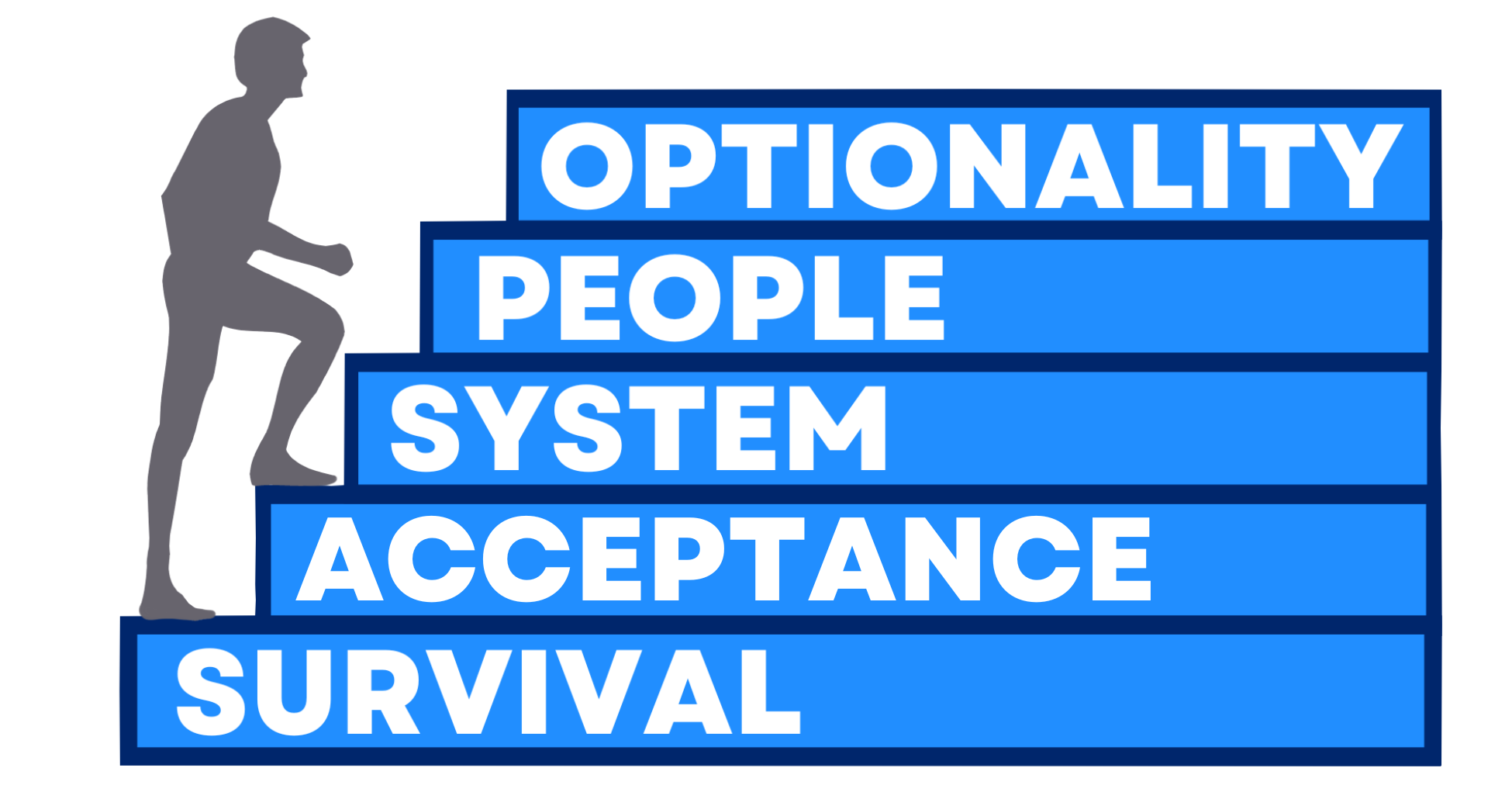What Amazon Can Teach You About High Standards

In his annual letter to shareholders, Jeff Bezos generously shares his insights into how he and his team at Amazon.com achieve operational excellence. (You should read them all, here’s a link to the page that indexes them.)
In the 2017 letter, he describes the power of having high standards and constantly raising those standards. He goes on to explain some of the many of the ways to build high standards in a team. One of them is particularly important for you to consider as you set about to systemize your business with the goal of achieving your own version of operational excellence: Recognition and Scope.
Here’s what he means:
- Recognition – being able to recognize what “good looks like” and
- Scope – having realistic expectations for how much work it will take to achieve that result.
Jeff tells the story about a learning a handstand to illustrate. Here it is in his words:
A close friend recently decided to learn to do a perfect free-standing handstand. No leaning against a wall. Not
for just a few seconds. Instagram good. She decided to start her journey by taking a handstand workshop at her
yoga studio. She then practiced for a while but wasn’t getting the results she wanted. So, she hired a handstand
coach. Yes, I know what you’re thinking, but evidently this is an actual thing that exists. In the very first lesson,
the coach gave her some wonderful advice. “Most people,” he said, “think that if they work hard, they should be
able to master a handstand in about two weeks. The reality is that it takes about six months of daily practice. If
you think you should be able to do it in two weeks, you’re just going to end up quitting.” Unrealistic beliefs on
scope – often hidden and undiscussed – kill high standards. To achieve high standards yourself or as part of a
team, you need to form and proactively communicate realistic beliefs about how hard something is going to be –
something this coach understood well.–Jeff Bezos, 2017 Amazon Shareholder Letter
When planning projects that are focused on fixing big challenges, like systemizing a process, over and over again I find myself asking clients, “Are your eyes bigger than your stomach?”
It’s easier to recognize what done should look like. It’s really hard to understand what it will take to get there, especially when you haven’t done anything like it before. Many owners don’t really think enough about scope, nor do they seek much input on it from the team who will actually execute it. That’s a missed opportunity.
So, here’s two quick reality checks you can use to get your expectations in line and be more realistic about scope when you decide to tackle your next process:
- Keep the list short. Don’t try to do five big things this quarter. You’re setting yourself up for disappointment. Focus on the few most important ones.
- Whatever you think it will take in terms of time and effort, it’s probably twice that, so double your estimate. This has the bizarre effect of holding true no matter how much time you think you have left! If you think it’s going to take one more month, it’s probably two. One more week? Two weeks is more likely. And one more day? You get the picture.
There’s no substitute for careful judgment, but forcing yourself to stop and question the scope will help you avoid setting yourself (and your team) up for disappointment.






